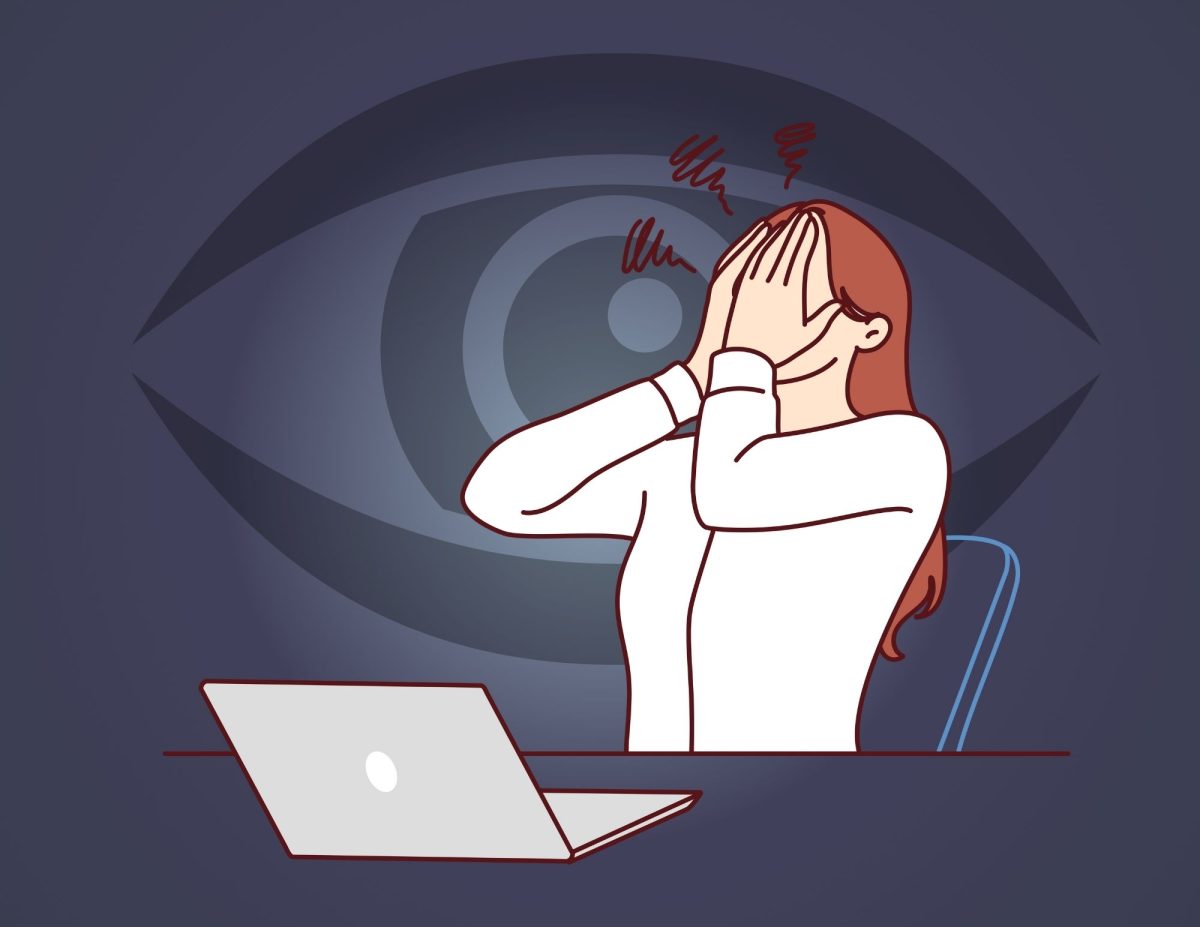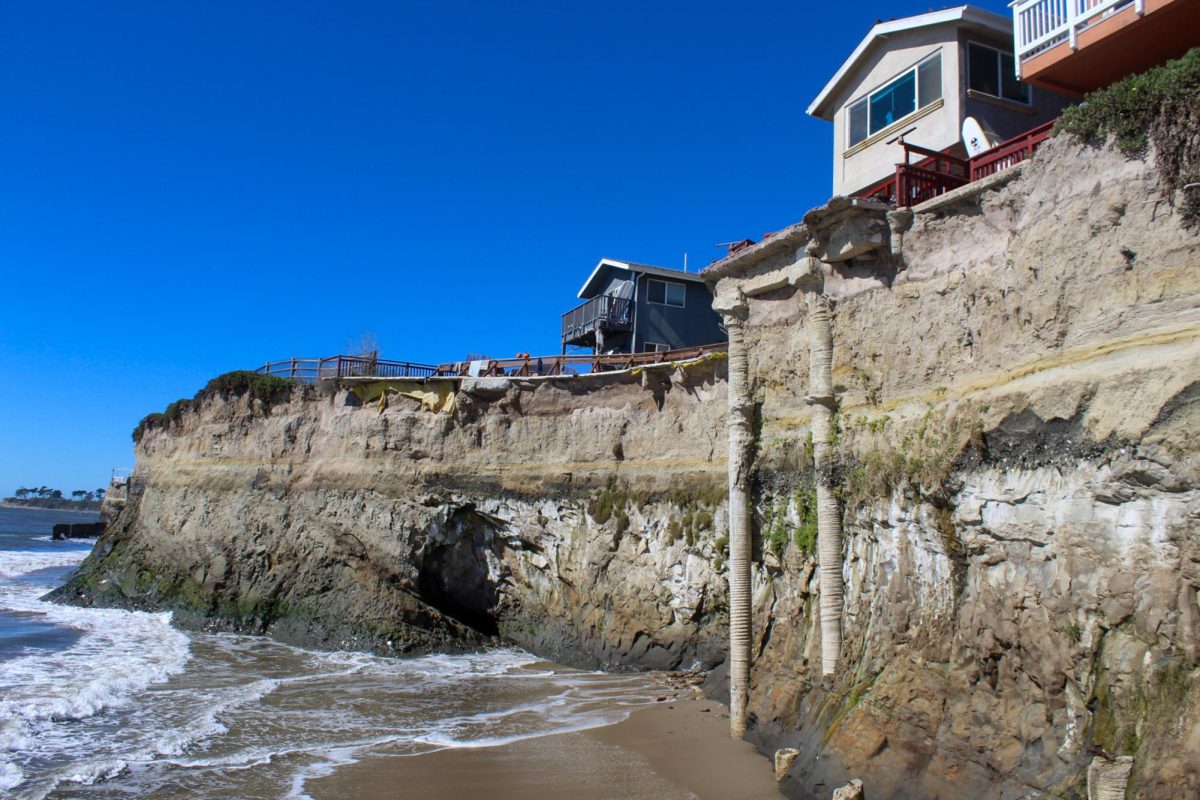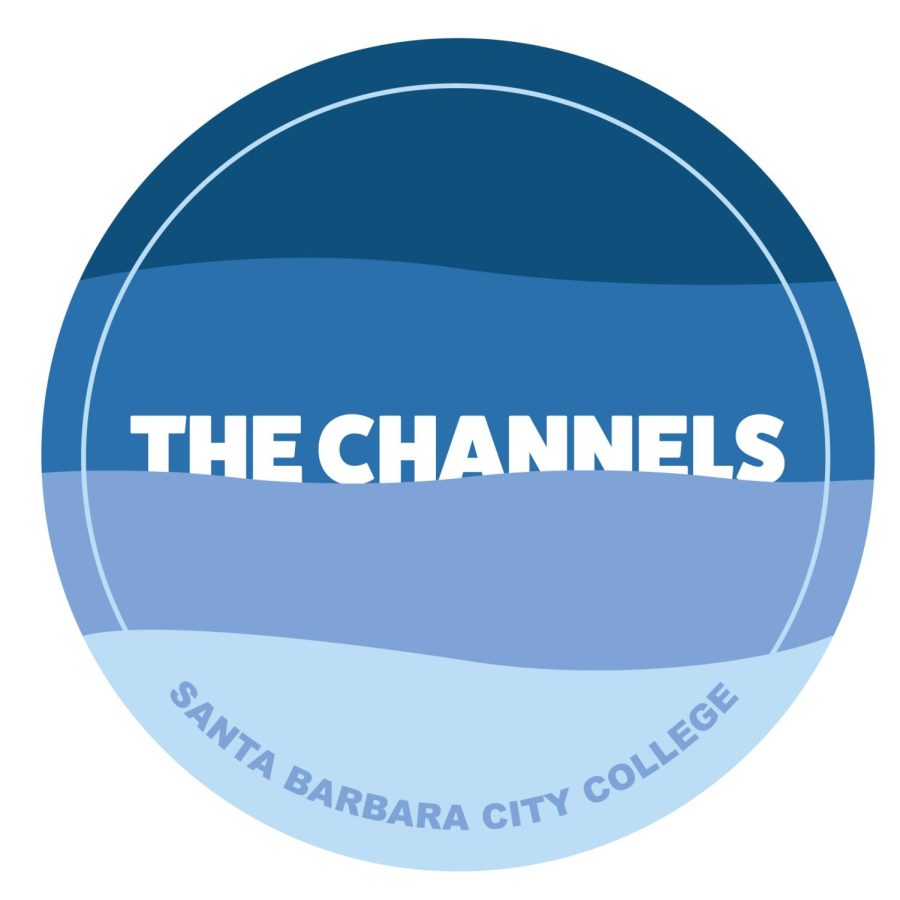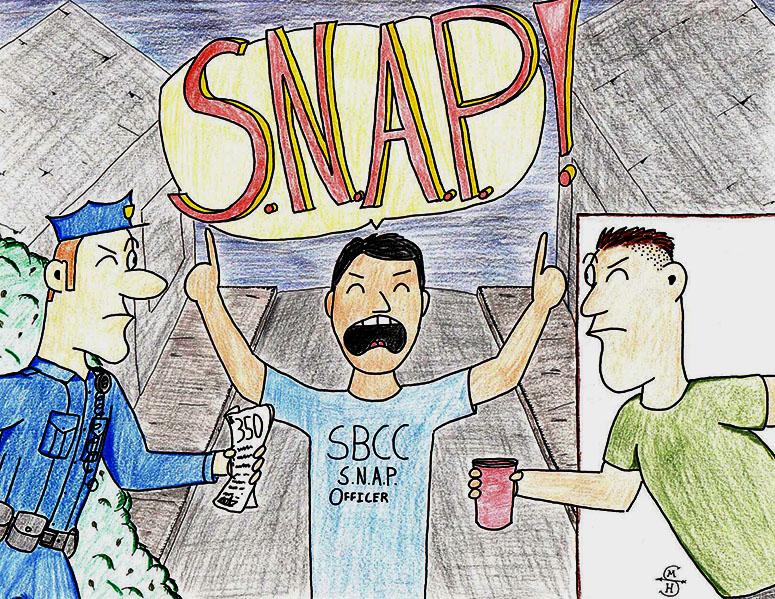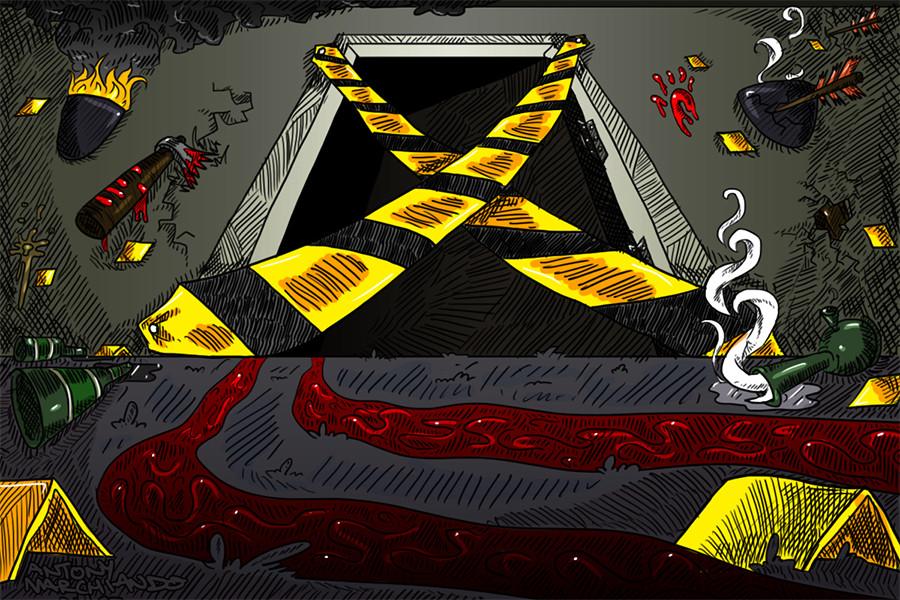The Channels sent five staff photographers and reporters to cover the student elections. All of them returned frustrated, announcing the elections were cancelled.
It turned out that only two people were running for student body president, and no one else declared for any other position.
No one ran for student trustee, and a chain of frantic phone calls ensued. By mid-afternoon, a college official had talked one of the presidential candidates, Nicholas Steil, into taking the trustee position.
And that was how this year’s elections wrapped.
The job of every school newspaper is to take on the watchdog role and inform the community, and we spend a lot of staff time covering the student senate.
Unfortunately, The Channels editorial board feels that we have taken on the challenge of representing our students, not just informing them, and that shouldn’t be.
The situation is amendable, though it might take some time. The largest issue student government has, within its control, is a lack of structure and incentive.
However, it is up to the entire campus to fuel passion for student politics. And this campus obviously has no passion for its student government. For example:
• Less than 1.5 percent of students voted in last year’s elections.
• According to all eight editors, not one of our teachers has ever mentioned the elections in class, though all of us have been enrolled in at least one political science class in the past two years.
• When asked, most students are oblivious to the existence of student government on campus.
• An editor, adviser or staff writer has attended nearly every college government meeting. In the past three years, we can only recount two instances in which student representatives have spoken up at an Academic Senate or Board of Trustees meeting.
For a school with so many students, there is little information on school politics, except for in the student newspaper.
A clear, bold banner should be posted on Pipeline for a few weeks before the votes are tallied. Students could click on the banner to view candidate’s profiles and cast their ballots.
Candidates should take the initiative to campaign—hanging posters all over campus setting up informational booths, and passing out flyers detailing their platforms.
But the over-arching problem is that we learn most of our information from our teachers. Faculty needs to get involved.
Current incentives for student government are not much more than a pretty line on a resume.
If the Associated Student Senate were re-instated as a credit course, students interested in political science would be more likely to sign up.
A full-time adviser is also necessary to whip the current state of affairs into shape.
Furthermore, a stipend could be paid to elected students to emphasize the gravity of their positions.
Clearly, there is a problem within the system that can and should be solved. This has to change. Students should be flocking to represent the number one community college in the nation, not dragging their feet.
We hope that the incoming President, Gracie Maynetto, and the student trustee, Steil, can take some of these pointers and encourage an informed and excited student body.



